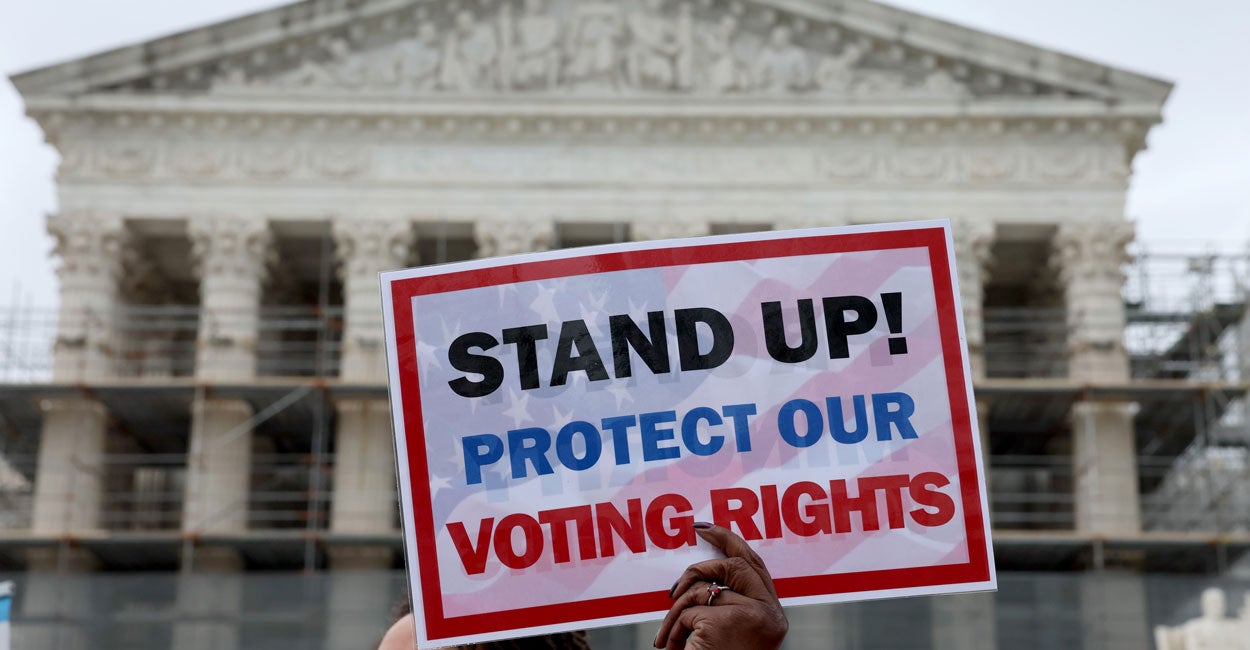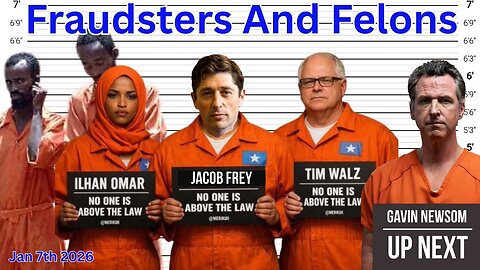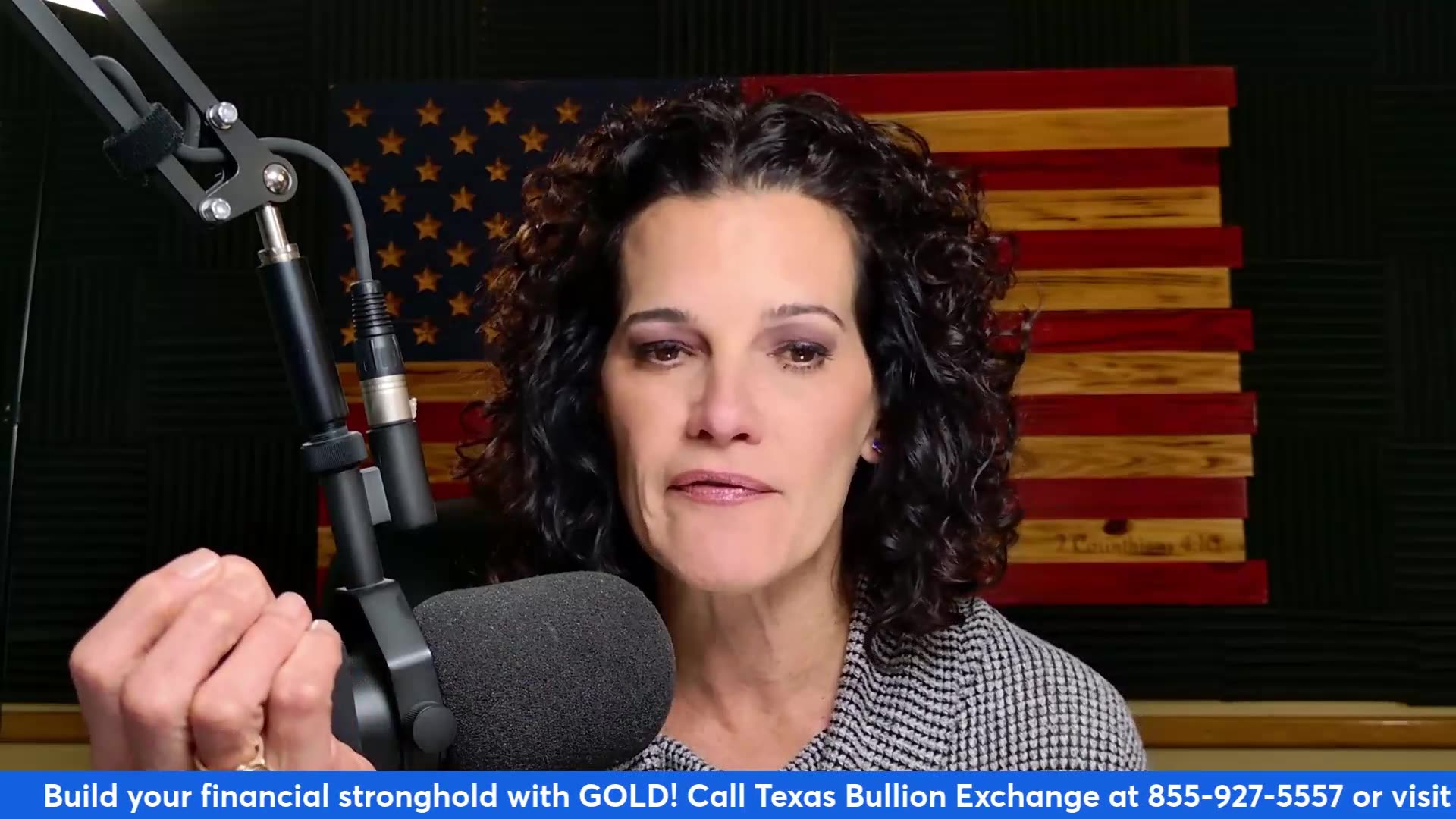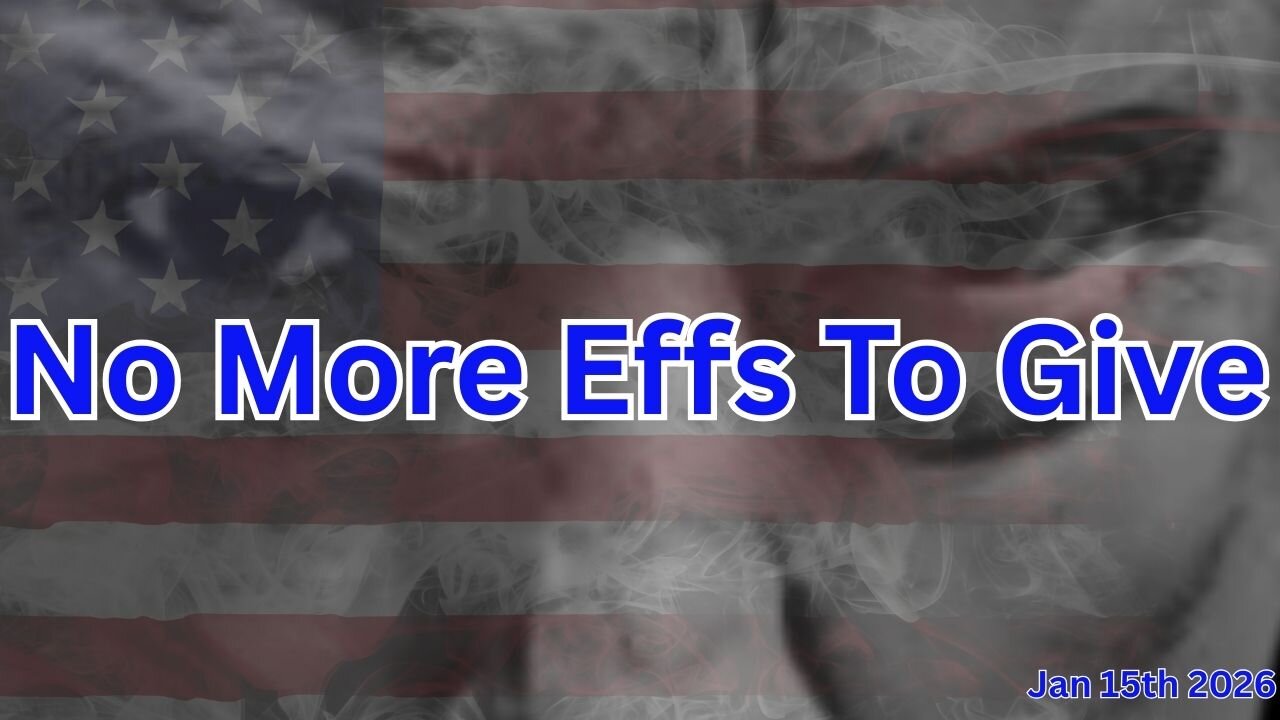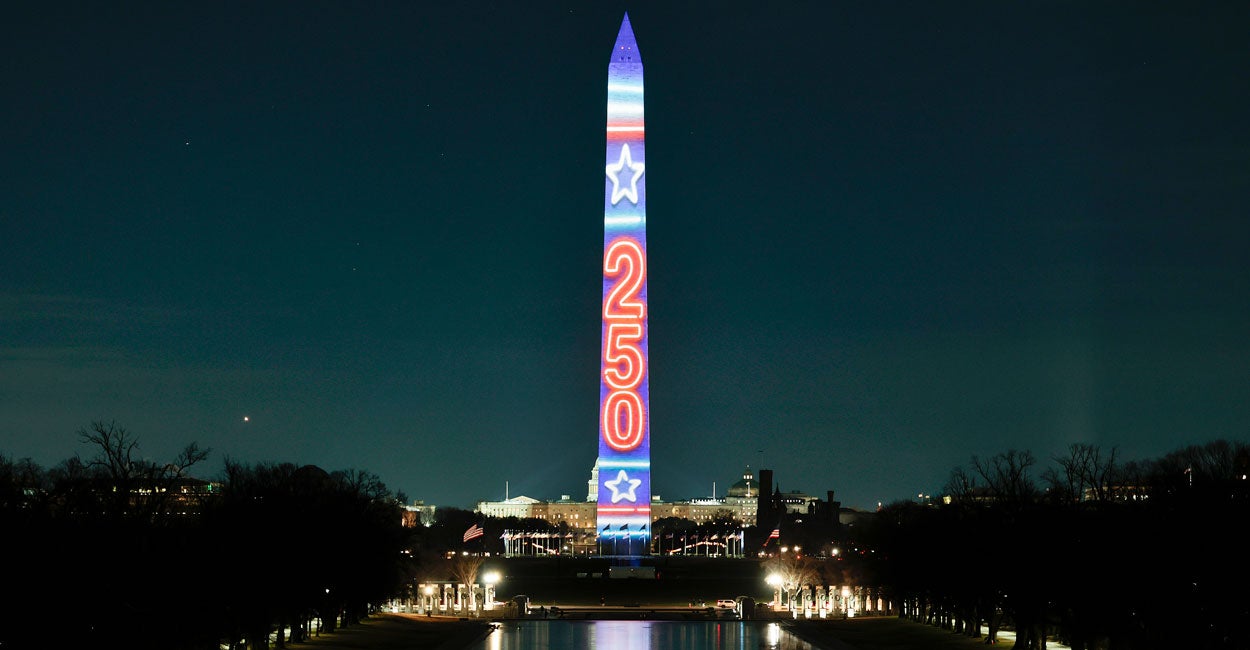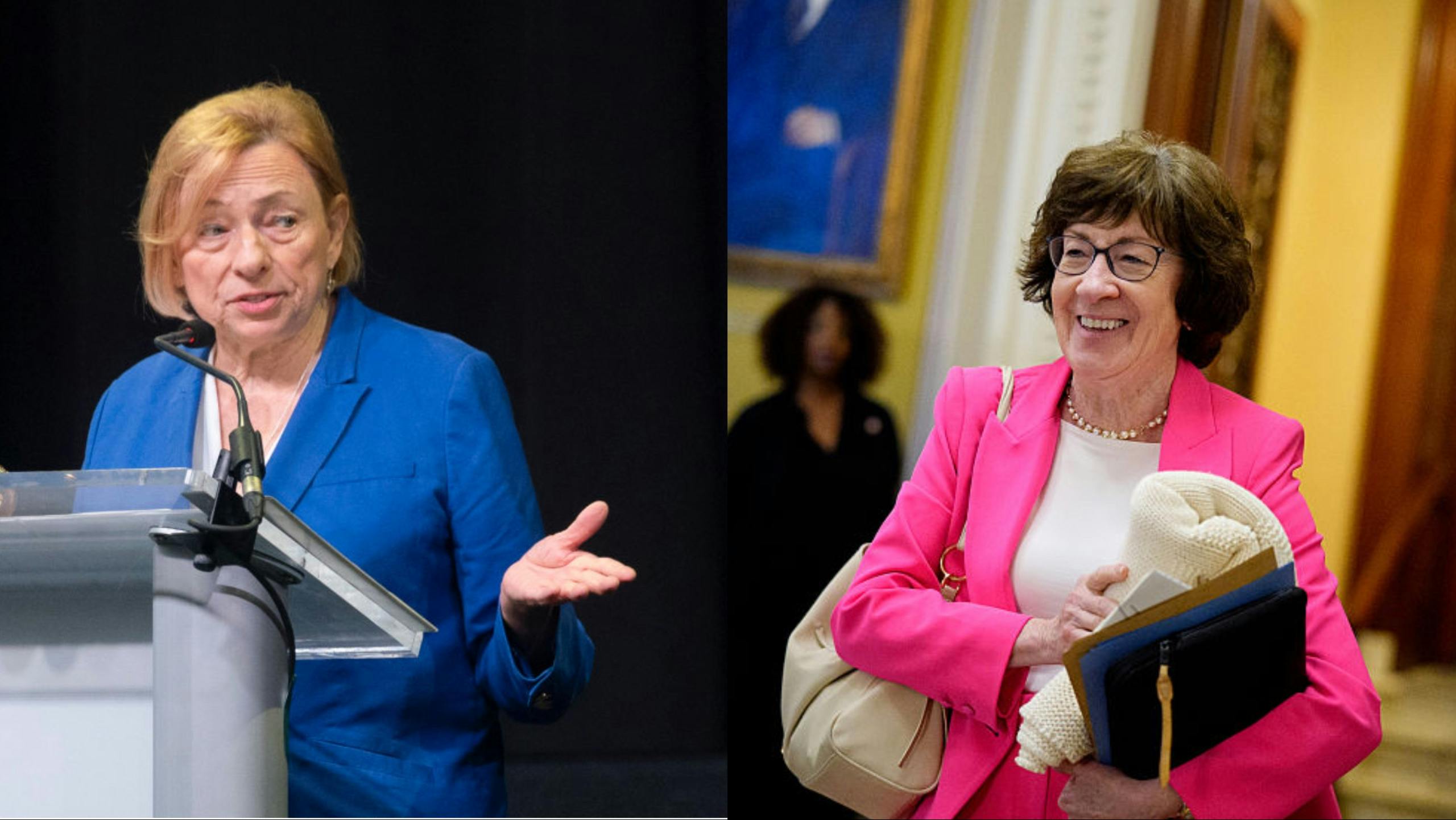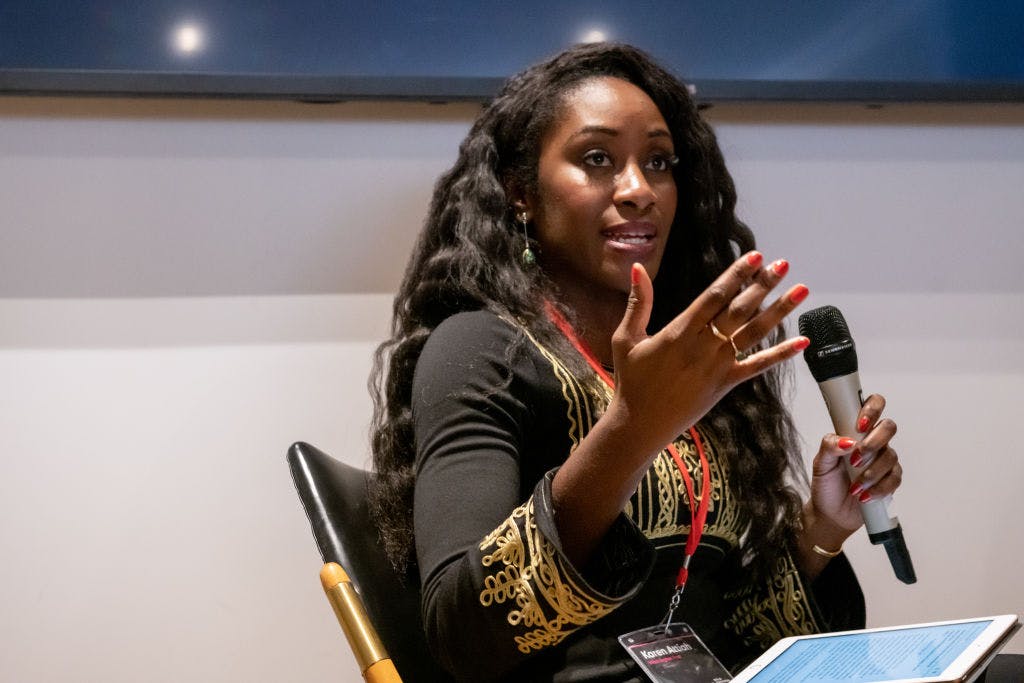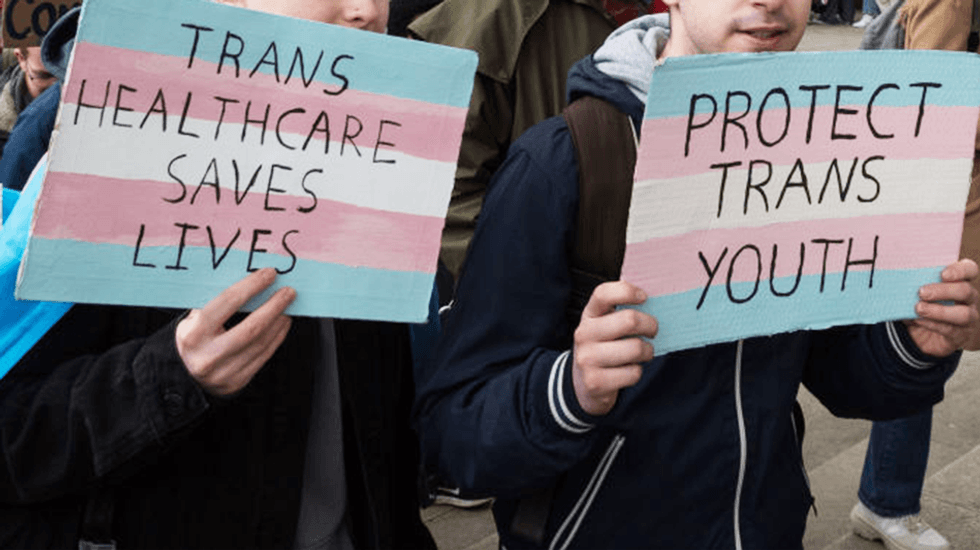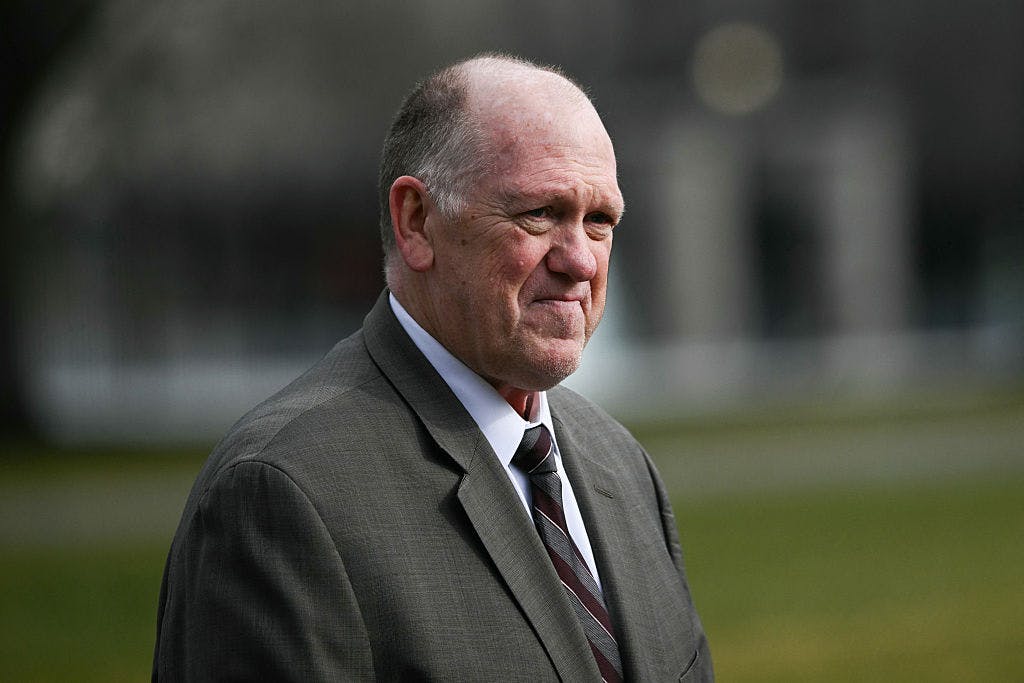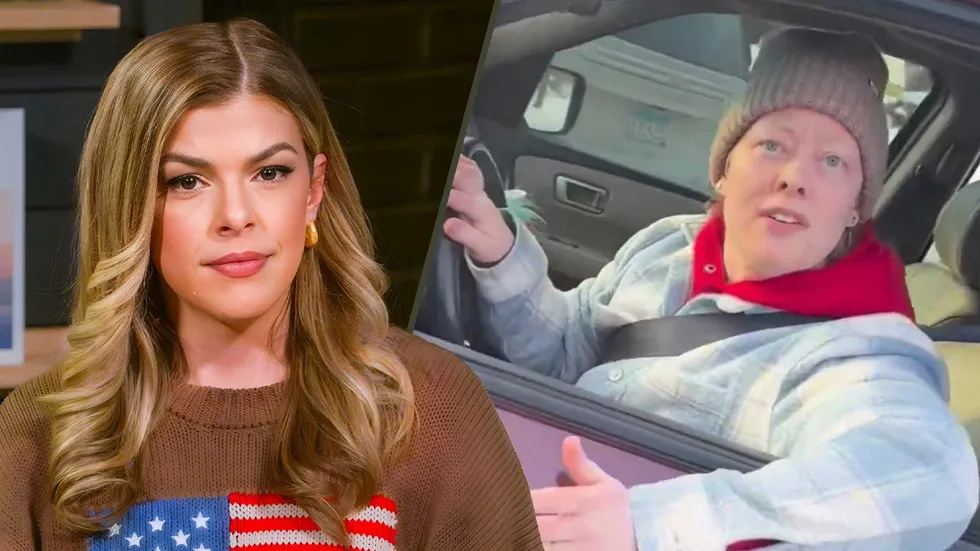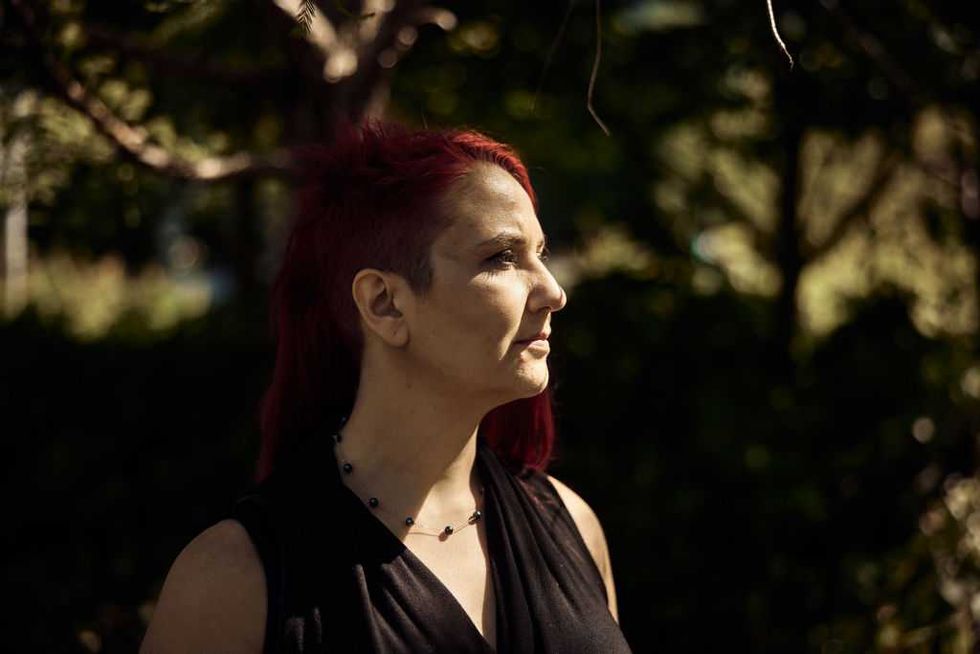Uber’s New ‘Women Preferences’ Program Violates Civil Rights Law
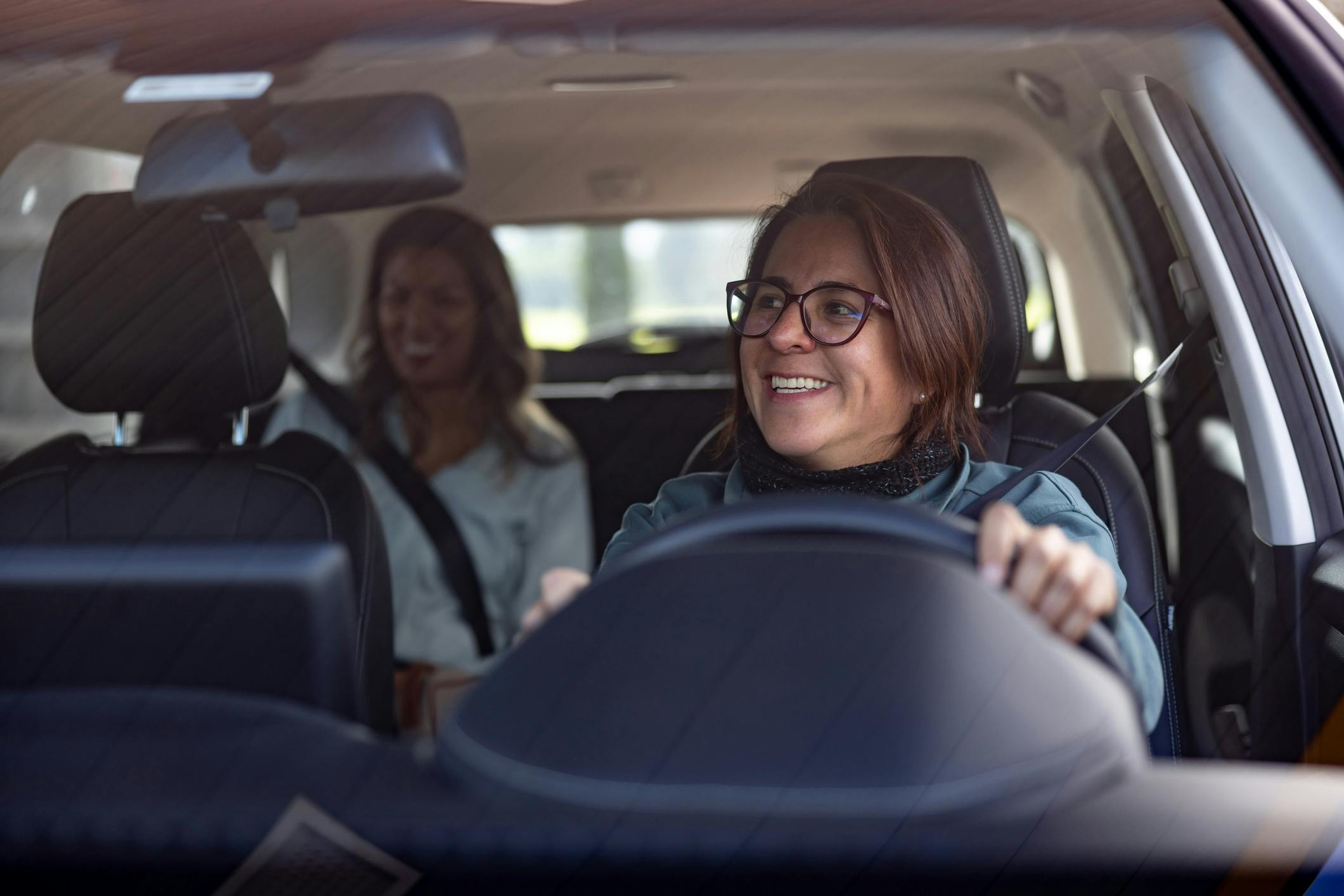
For Uber, it’s time to get either new lawyers or new executives, because its new “Women Preferences” policy is obvious sex discrimination that violates the law. If we owned stock in the company, we’d sell it to avoid a loss from the big-dollar lawsuits that are sure to ensue for this ham-fisted “equity” scheme.
Live Your Best Retirement
Fun • Funds • Fitness • Freedom
Recently, Uber announced that in the interests of making its “platform better for women,” it is implementing a “Women Preferences” pilot program that will give women riders “more ways to choose rides with women drivers” and women drivers the option “to request trips with women riders, including during peak earning hours like evenings.” In other words, Uber will be empowering its drivers to ignore, that is, discriminate against, male riders. Kind of reminds one of a time when taxi drivers all too often sped up and drove past black residents trying to hail them for a ride. Now, such conduct is prohibited by law.
The only difference between the racist taxi drivers of old and the sexist Uber drivers of new is that the digital “drive-by” discrimination is based on sex instead of race. But both are prohibited under the law.
Uber’s announcement claims this new policy is “designed to give women riders and drivers more choice, more confidence, and more flexibility.” However, “more choice, more confidence, and more flexibility” does not provide a company with a license to violate state and federal anti-discrimination laws.
Uber also brags in its announcement that it started this program in, of all places, Saudi Arabia. You know, one of the world’s most discriminatory countries, where women are treated as second-class citizens.
Yes, you read that right. Uber started its “Women Preferences” pilot program in the unenlightened Middle Eastern nation only after Saudi Arabia finally gave women the right to drive in 2019. That’s a remarkable delay, given that the first woman to be issued a driver’s license in the District of Columbia (Anne Rainsford French) received it in 1900. But what more would one expect from a nation that didn’t grant women the right to vote for the first time until 2015?
Uber’s lawyers seem to need a refresher on the law.
As a company incorporated in California, Uber is subject to the state’s Unruh Civil Rights Act, which prohibits discrimination by all business establishments open to the public in California. Among others, it applies to hotels, restaurants, stores, theaters, taxis, and yes, rideshare companies like Uber and Lyft. California-based businesses that serve the public must treat everyone equally — regardless of their race, religion, sex, or disability, among other protected characteristics.
What’s more, federal law — the Civil Rights Act of 1964 — prohibits discrimination in public accommodations as well. And while sex is not a protected category under Title II of the Civil Rights Act (like race is), Title VII of that same Act prohibits sex discrimination and harassment in employment contexts. That means that male Uber drivers who are not provided with the same sex-selective rider options as their female colleagues may have a claim for discriminatory treatment under that federal law, as well.
This isn’t the first time that the rideshare company has been accused of violating civil rights law. In 2017, Uber agreed to pay out $4.4 million in fees to settle a class-action lawsuit charging that the company had failed to adequately address sexual harassment by its drivers against female passengers. The same year, Uber software engineer Susan Fowler wrote a blog post that went viral in which she accused the Silicon Valley-based company of sex discrimination and harassment — both violations of Title VII.
And in 2021, the U.S. Department of Justice sued Uber, alleging that the company had violated the Americans with Disabilities Act by charging wait time fees to riders with disabilities who took longer to get in Uber vehicles. Uber eventually agreed to settle the lawsuit, and paid millions in compensation to affected riders.
Uber’s new policy also allows riders to “select the ‘Women Drivers’ option when requesting a ride.”
If you want to avoid a taxi, bus, train, or airplane because you don’t like the race or sex of the driver or pilot, you can do that. While that might evidence questionable moral beliefs, it doesn’t violate state or federal law — after all, consumers exercise preference in the market all the time. But the private companies and local governments who own those taxis, buses, trains, and airplanes cannot engage in the same type of discriminatory “preferencing.”
Uber is rolling out this program in Los Angeles, San Francisco, and Detroit, and says it is doing so “after extensive testing and feedback from global markets like Saudi Arabia, Germany, and France, where women-only options have been well received.”
Uber’s conduct in “global markets like Saudi Arabia” is blatantly illegal in the United States, regardless of whether it’s “well received” or not.
* * *
Hans von Spakovsky is a Senior Legal Fellow at the Heritage Foundation and former Counsel to the Assistant Attorney General for Civil Rights at the U.S. Justice Department.
Sarah Parshall Perry is the Vice President and Legal Fellow of Defending Education and former counsel to the Assistant Secretary for Civil Rights at the U.S. Department of Education.
The views expressed in this piece are those of the authors and do not necessarily represent those of The Daily Wire.
Originally Published at Daily Wire, Daily Signal, or The Blaze
What's Your Reaction?
 Like
0
Like
0
 Dislike
0
Dislike
0
 Love
0
Love
0
 Funny
0
Funny
0
 Angry
0
Angry
0
 Sad
0
Sad
0
 Wow
0
Wow
0

